How Bowlby Attachment Theory Supports Better Preschool Learning Environments
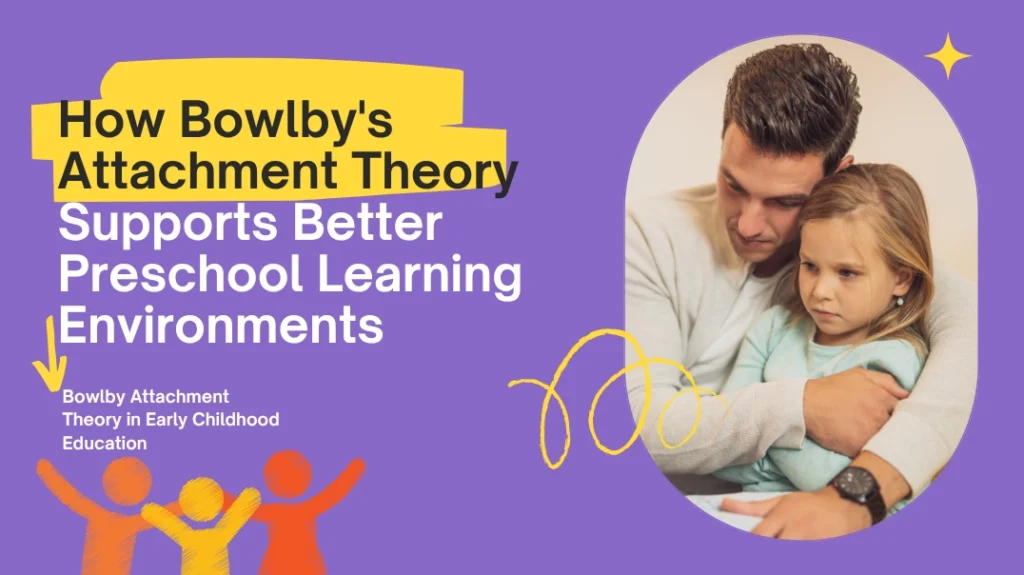
This article explores the practical application of bowlby attachment theory in early childhood education, with a special focus on preschool space planning and furniture design. By understanding how secure attachment forms the foundation of children’s emotional and social development, educators and school furniture suppliers can create child-centered environments that support confidence, resilience, and lifelong learning.
Understanding Erik Erikson Stages of Development in Early Childhood Education
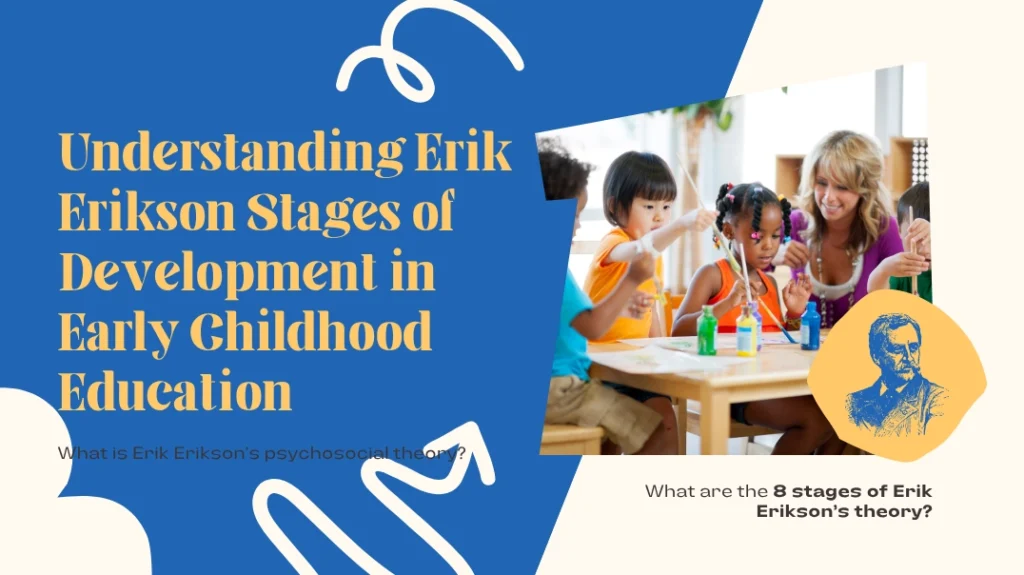
This article explains Erik Erikson’s stages of development and highlights their impact on preschool and early childhood education. Discover how understanding these stages helps teachers and parents support children’s confidence, independence, and social growth during the most important early years.
Teaching Gratitude to Children Should Begin at an Early Age
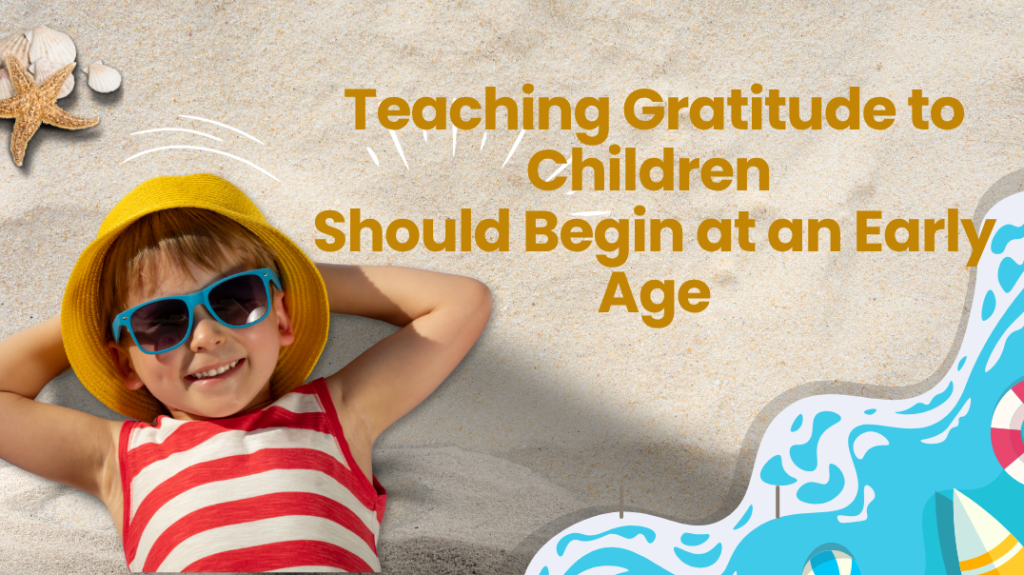
Teaching gratitude to children builds empathy, emotional strength, and kindness. Through Montessori-inspired routines, daily habits, and engaging activities like drawing, storytelling, and thank-you crafts, children can develop a lifelong attitude of appreciation and social awareness—starting as early as age 2.
What Is Receptive and Expressive Language: Differences, Examples, and Milestones
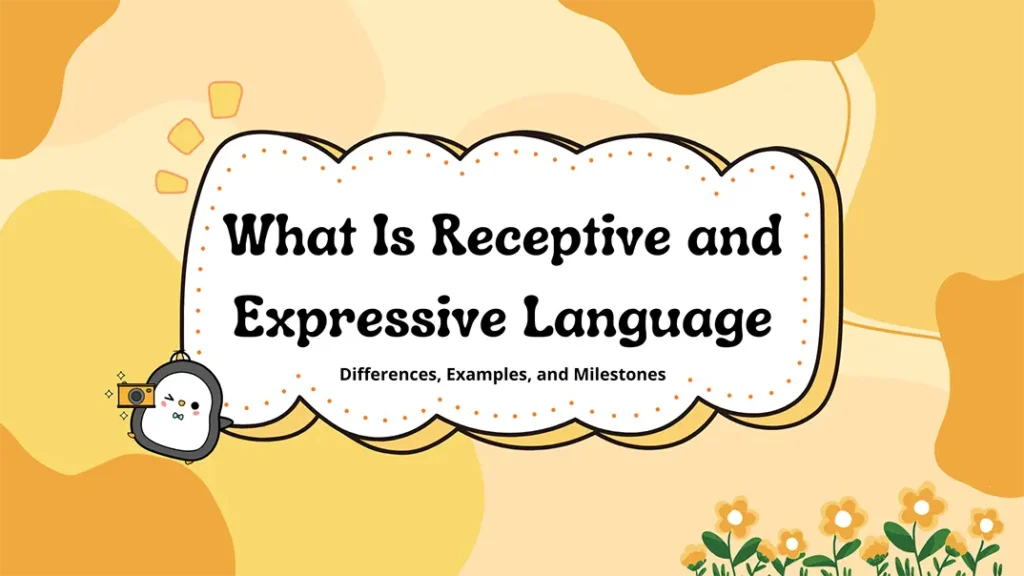
This article explores the differences between receptive and expressive language, provides clear examples of each, outlines developmental milestones, and offers guidance for parents and educators. Whether you’re tracking your child’s language growth or supporting someone with a speech delay, understanding these foundational aspects of language development is crucial.
Cognitive Development in Early Childhood: What Parents and Teachers Should Know

This article explores essential concepts, stages, and milestones of cognitive development, offering actionable guidance for parents and educators. Through a blend of expert insights and practical strategies, readers will understand how to nurture a child’s mental growth during these formative years.
Lev Vygotsky Theory Shaping the Future of Preschool Learning Spaces

This in-depth guide explores how the Lev Vygotsky Theory applies to modern preschool education. It connects key concepts like the Zone of Proximal Development (ZPD), scaffolding, and social interaction to practical classroom strategies and product design. Perfect for educators and early learning suppliers looking to create environments that truly support child development through intentional, theory-based setups.
Anecdotal Records in Early Childhood Education: What, Why, and How
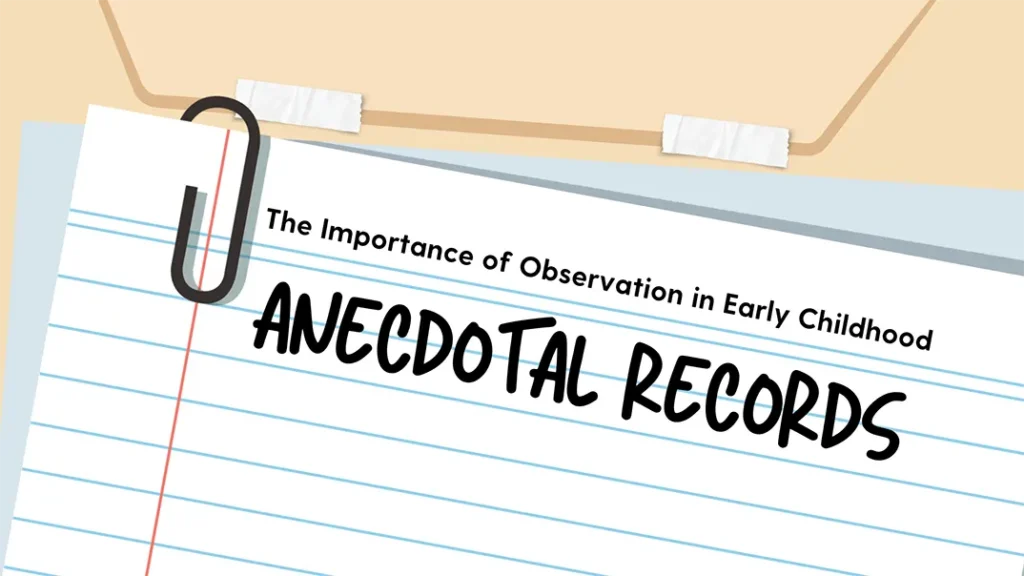
This article delves into what anecdotal records are, the reasons they are crucial for understanding and supporting young learners, and how educators can create and use them effectively. With a focus on practical application and developmental relevance, this guide provides early childhood professionals with the tools to document observations meaningfully, enhance curriculum planning, and foster strong partnerships with families.
Applying Piagets Theory of Cognitive Development to Educational Products
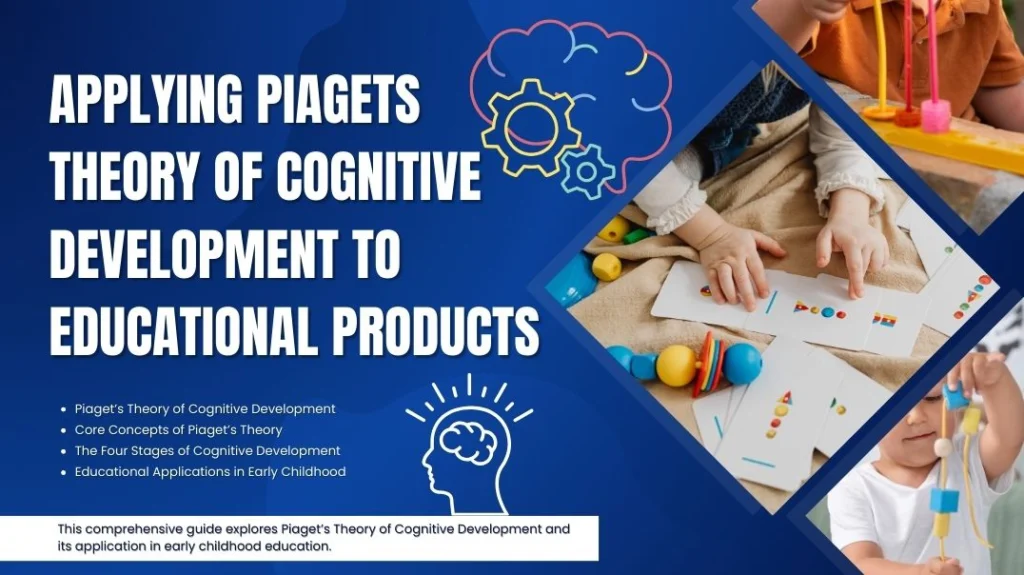
A concise guide to Piaget’s Theory of Cognitive Development, covering key concepts, four developmental stages, and how they influence early childhood education, classroom design, and product development. Ideal for educators and designers seeking developmentally aligned learning environments.
Formal vs Informal Assessment: Effective Tools for Early Childhood Education
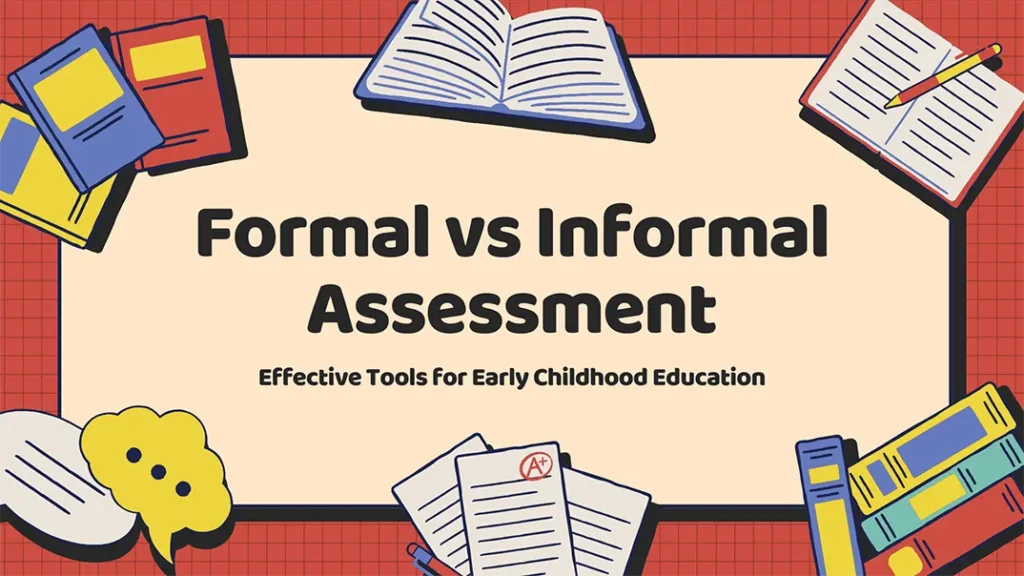
This article compares these two approaches, examining their unique benefits, limitations, and applications. Educators will gain insight into the differences between each type of assessment to help them choose the right approach to monitor development, guide instruction, and meet children’s individual needs.

